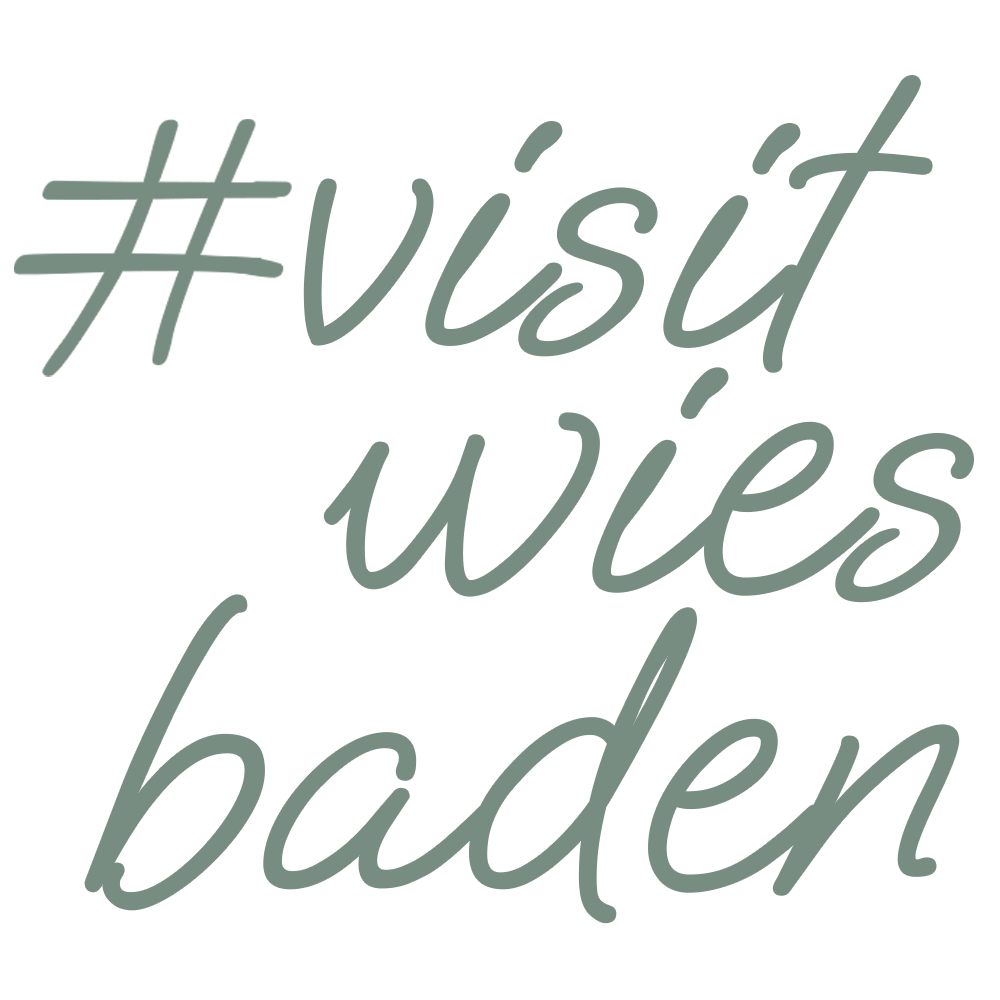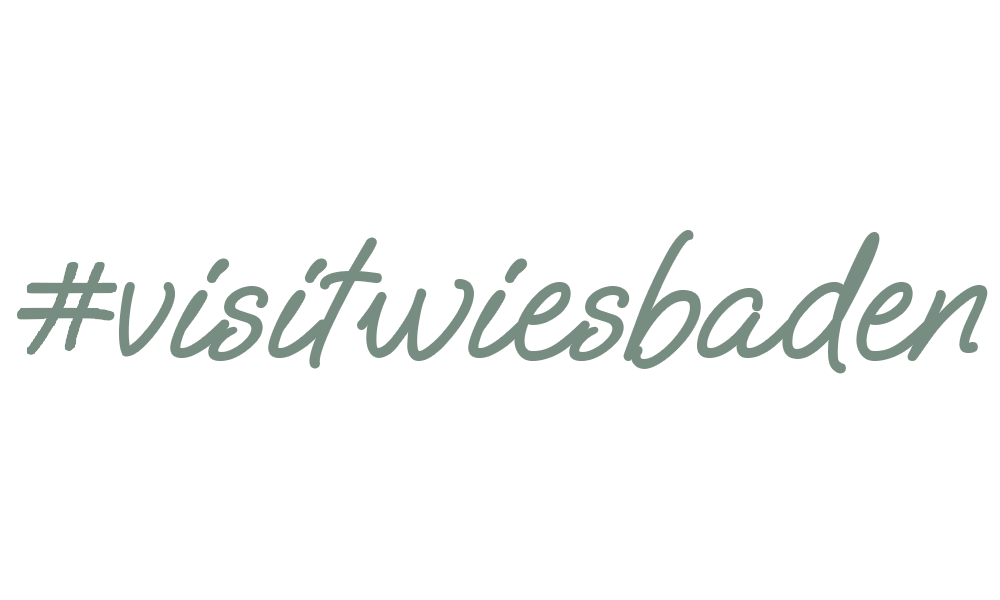Already in 1720 the first enclosed Riesling vineyard in the world was established on the Johannisberg. Here, as in other areas, the characteristic slate soil and the mild climate resulting from the influence of the Golf stream, were advantageous. It was Charlemagne who gave new impetus to Riesling in the Rheingau region by ordering the winegrowing on the Johannisberg. The first vineyard on the Johannisberg dates from the year 817, and it is even said that in the small Rheingau village of Walluf wine was first cultivated as early as 779.
Today, the Rheingau with its approx. 3,100 hectares of vineyards has become one of 13 growing areas for quality wine in Germany under the German laws relating to wine and wine production. Quality must be achieved and maintained - and it must of course also be tested. According to this maxim, more than 100 years ago the owners of renowned vineyard estates banded together in what is today known as the “Association of German High Quality Vineyard Estates” (VDP); the VDPRheingau is the oldest association of well-known vineyard estates in Germany.
The interaction of wine and food is an elementary part of numerous culinary festivals which bring gourmets and wine-lovers to the region every year, to Wiesbaden itself and the Rheingau-Taunus region.
Rustic and homely – this is the most apt description for many of the seasonal wine taverns or “Straußwirtschaften”. There are signs everywhere showing the way to these usually excellent venues where you can savour the whole range of culinary specialities from the region. Besides Spundekäs´ (spicy cream cheese), which should on no account be missed, these culinary accompaniments to the wine include not only the winegrowers’ platter with homemade sausage (“Winzerteller mit Hausmacher Wurst”) but also onion pie or “Zwiebelkuchen”, which is enjoyed with the young still fermenting Federweißer.
In the Rheingau winegrowing area, situated west of Wiesbaden between the Rhine river the heights of the Taunus Mountains to the north, wine can be not only enjoyed, but actually “experienced”. This applies equally to the vineyard areas in Wiesbaden and the hillside vineyards on the north bank of the Main between Flörsheim and the mouth of the Main. This “wine experience” can also be enjoyed with hiking map and sturdy shoes. The “Rheingauer Riesling Routen” which cover the area from Kaub to Flörsheim-Wicker offer a real life “winegrowing experience”. Moreover there are many possibilities to enjoy some unusual overnight stays in the Rheingau region.
Many vineyards have guesthouses and these of course also offer cellar tours and wine tastings. In addition, the wish for an expert guide on a hiking tour through the hillside vineyards does not need to go unfulfilled in the Rheingau, too.
Wine and Food Experience
Today, the Rheingau with its approx. 3,100 hectares of vineyards has become one of 13 growing areas for quality wine in Germany under the German laws relating to wine and wine production.
- wiesbaden.de / Foto: Shutterstock


